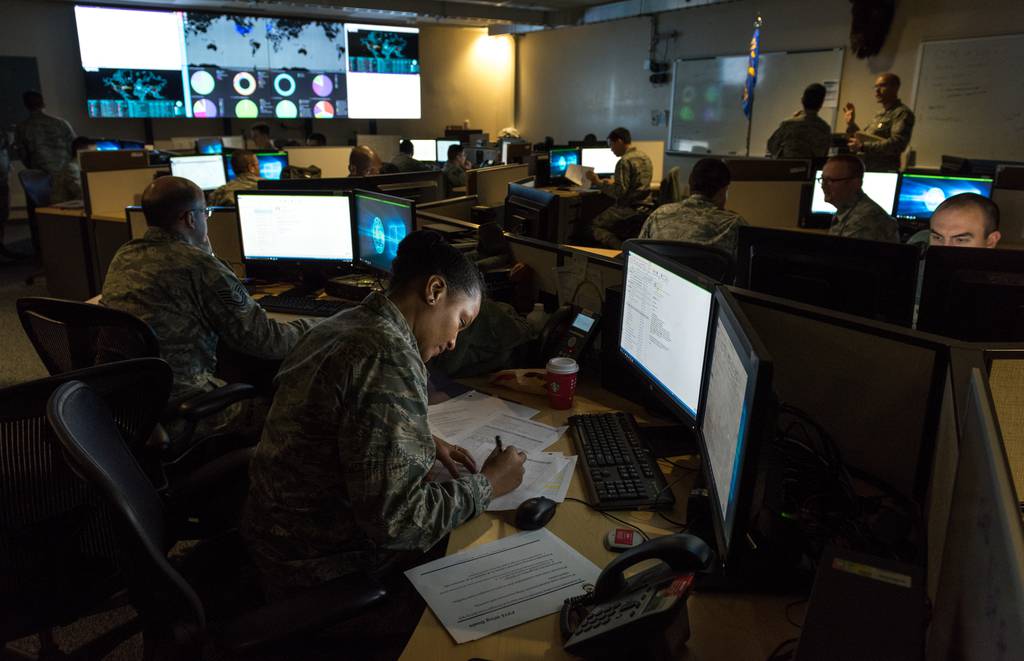WASHINGTON — The U.S. military said it dispatched a cyber team to Lithuania to expose malign activity and strengthen the country’s networks amid mounting Russian aggression in Eastern Europe.
The so-called hunt-forward operation used specialists to monitor systems, identify threats and vulnerabilities, and relay insights to sharpen defenses. It lasted three months, beginning before Russia invaded Ukraine in late February, and concluded this week.
The endeavor is “a great example of how cyber is a team sport, and we have to play it together,†Army Maj. Gen. Joe Hartman, Cyber National Mission Force commander, said in a statement May 4. “With these missions, we see a broader scope of how these bad actors are trying to attack important government networks.â€
Lithuania’s defense ministry acknowledged the operation, as well.
Vice Minister of National Defense Margiris Abukevicius said the Russia-Ukraine war has demonstrated “that cyberattacks are an inseparable element of modern military campaigns†and that preparedness is key. Ukrainian systems are blasted daily with digital attacks, crippling communications and websites, among other consequences.
A previous hunt-forward team was sent to Ukraine in 2018, according to Gen. Paul Nakasone, the leader of U.S. Cyber Command and the National Security Agency. Help continued as Moscow greenlit its latest invasion.
“Think how much this has changed, even in the past several months,†Nakasone said May 4 at a Vanderbilt University security summit. “What have we seen with the Russia-Ukraine crisis? Information that’s used to build and sustain a coalition. Information that’s used to expose malign behavior. Information that’s shared to increase a partner’s knowledge of an adversary.â€
Some Russian neighbors are now hardening their defenses and eyeing NATO allies amid worries Russian President Vladimir Putin wants to reconstruct a Soviet empire — speculation that also bubbled up in 2014. The Cyber National Mission Force has over the years conducted 28 hunt-forward missions in 16 countries, including Estonia, Montenegro and North Macedonia. Dozens of networks were reinforced in the process.
The operations offer a “key asymmetric advantage that our adversaries don’t have,†according to Hartman, who also spoke at the Vanderbilt summit. “We get to find our adversaries in foreign space, before they’re able to come to America and compromise our network. And while we do that, we get to make our partners and allies safer.â€
The latest hunt involved the CYBERCOM team and specialists with Lithuania’s National Cyber Security Center and defense IT service. It was the first effort of its kind between Lithuanian forces and the Cyber National Mission Force, according to the command.
Abukevicius said all participants walked away with “a wealth of†intelligence and skills.
Colin Demarest was a reporter at C4ISRNET, where he covered military networks, cyber and IT. Colin had previously covered the Department of Energy and its National Nuclear Security Administration — namely Cold War cleanup and nuclear weapons development — for a daily newspaper in South Carolina. Colin is also an award-winning photographer.








